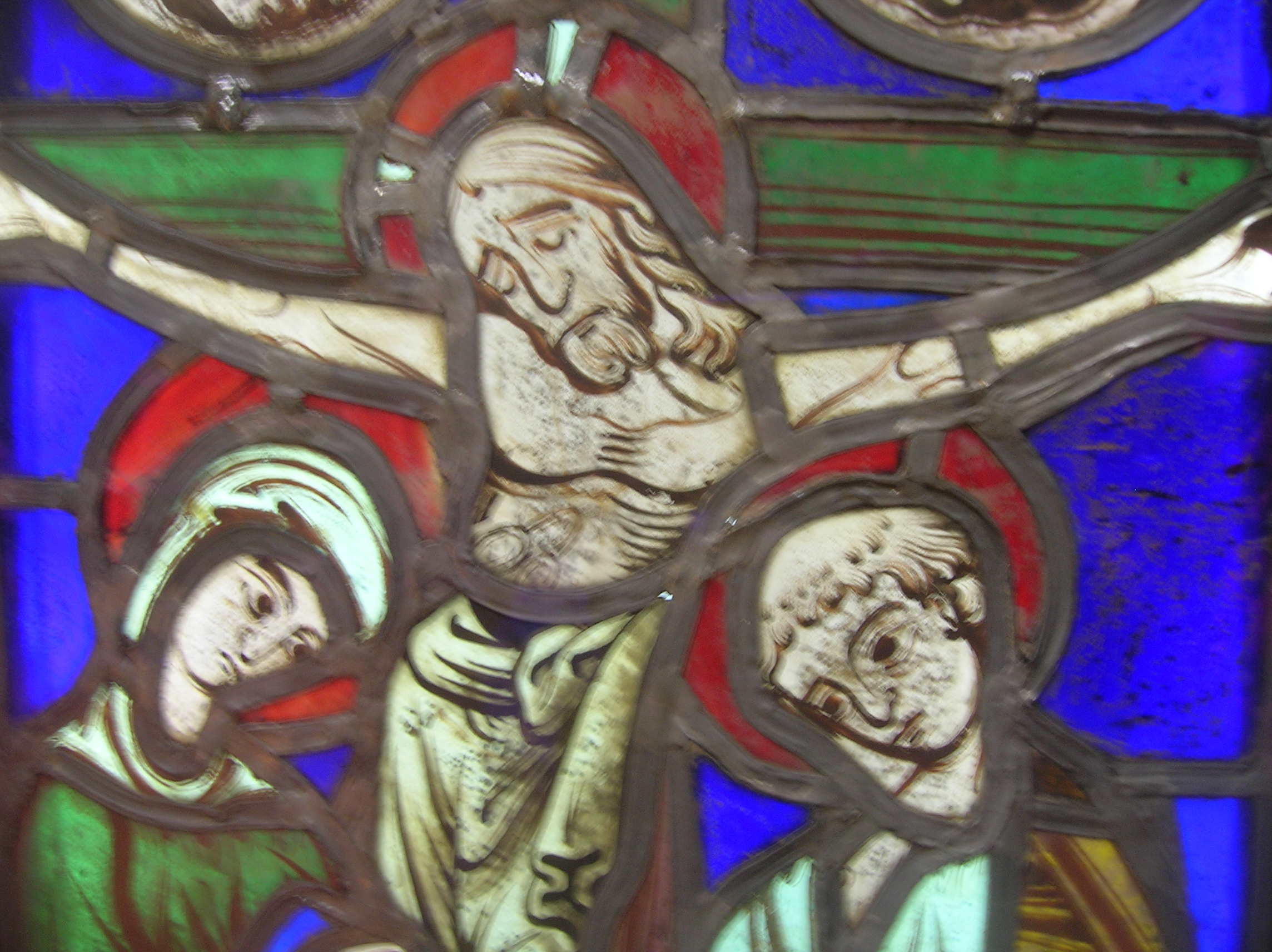One of the curious things I observe in some talk about church planting is the goal of planting “large churches.” Since I’ve never been a church planter (and have only read a few books on the subject), I’m obviously ignorant, but I wonder about a few things:
1. Why the emphasis on “large churches?” In at least some cases a large church is large because it has reached many people and won many people to faith in Christ. If this is what is in view, then “planting a large church” means “planting a church that wins many people to Christ.” That sounds like a good idea to me – exactly, in fact, what any church planter should aim for.
In some cases, a church is large because it has the critical mass (of people and resources) to offer programing that appeals to a large number of people. Now again, I think it is admirable to appeal to more people than to less. In this case, however, the largeness may come not from conversion growth but from the draining of members from churches that don’t have the resources to offer the quantity and quality of programming the large church can offer. If my goal as pastor is to win the people who are going to churches that are (in some sense) less than mine, my “large church” mentality seems less than entirely healthy.
Large churches might also profit from economies of scale. In an era when full time pastors cost more than ever, large churches are more likely to be able to afford and maintain a pastor – and often even more staff. Inasmuch as one might want to have a career working for a church, and be able to support one’s family doing so, this, while not an entirely spiritual-sounding objective, is certainly understandable.
Large churches also often seem more respectable. Their pastors garner more attention. The public – at least the Christian public – may think of them as smarter, more skilled, or more worthy of attention than pastors of smaller churches. If we want to have the respect of others, a large church to pastor is better than a small church.
We might also seek to plant a large church if we believe that the dynamics of congregational life in such a church are more conducive to faith development and living the Christian life than are the dynamics of a small church. If children and youth need a dynamic professionally run program in order to come to faith, then sure, we’ll need a large church. If people need the possibility of anonymity and intimacy offered by the venues of large church worship services and large church small groups, then the large church is a necessity.
2. Would anyone want to plant a small church? I’d ask further, Would anyone want to pastor a small church?
Well, if one has a limited capacity and one takes one’s own capacity as determinative of what the church can accomplish, then sure, planting a small church makes good sense. In a small church there are fewer people and sometimes less less to do.
Or perhaps one thinks the purpose of the church is to have a family where everyone knows each other. Our human capacity to know and love individuals is limited. We can only handle so many. If we plant a small church we can likely get by with having a single worship service, a service where, conceivably, everyone can know everyone else.
We might also desire to plant a small church if we have the conviction that only people like us (the pure, the holy, the right-thinking, etc.) ought to be admitted. The WE are always in the minority, hence removing the necessity of a large church.
3. If I were a church planter my first thought wouldn’t be about size. Instead I’d think of these things:
– Instilling a congregational conviction that people need Jesus and that Jesus has called this congregation and brought it into being (at least partly) so that people in our neighborhood (and to the ends of the earth) might be brought to faith. Any church of any size that lacks such a conviction is misguided. I am repelled by the notion that any church might sit in comfort, rejoicing in being among the heaven-bound, callously leaving any outsiders to go to hell (even if it is “their own fault”).
– Evangelistic passion is essential. Any church, of whatever size, that thinks it is large enough, while people around it continue to lack faith in Jesus, is a church in dire circumstances. An evangelistically comfortable church is an oxymoron.
– We don’t just offer healing and restoration in Jesus’ name, but we equip and deploy saved sinners in the mission field. Any church, large or small, that thinks the work of ministry is only for the few, whether they be professionals or big time volunteers, is misguided.
– We need to avoid loving Large just because our consumeristic society loves large. In the Kingdom, size is not a necessary indicator of success.
What do you think about the talk of “planting large churches?”
